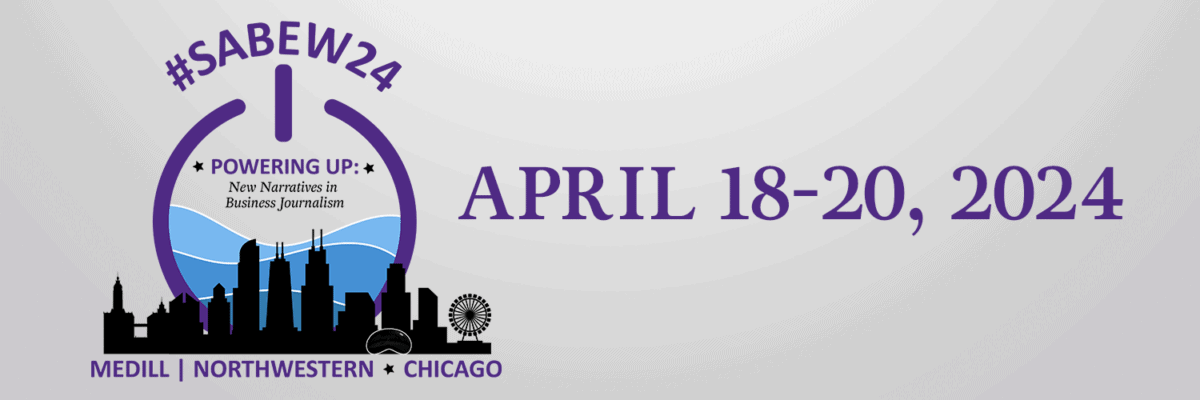By Rakel Johnson
College is a place where students learn all kinds of new skills. In addition to learning academically, they are also learning a plethora of life lessons.
However, a lot of college students feel they are collectively lacking in one important area that applies to the real world: financial education. Many students still feel ill-prepared to make their own major financial decisions.
For example, Sean Stewart, a senior public relations major at the University of Georgia, said he learned some basic skills from his dad, but feels like he should know more.
“I know what my credit score is, I know what good and bad is, and I know a little bit about taxes. In terms of buying a house or buying a car, I have no clue. They would be able to 100 percent take advantage of me,” Stewart said.
Lance Palmer, a professor in financial planning, housing and consumer economics at UGA, said that for financial education to be effective, it has to be about more than just understanding concepts. There’s a behavioral aspect to it, he said.
“Financial literacy is the ability to understand and utilize financial information in order to make good decisions, in the immediate sense and long-term,” Palmer said.
Knowledge about finance is important on an individual scale, but could have even more implications on a macro level. Palmer said that bad financial decisions have the power to lead to inefficient markets.
“We have these very complicated financial products being sold to people that may not understand what they’re buying,” he said. “That would lead to a misallocation of resources in the economy.”
Despite the importance of financial literacy, Palmer said there are likely economic and societal reasons why parents might not thoroughly educate their children about money. Families are structured differently than in the past, and baby boomers were forced into a brand new financial marketplace.
“They were pushed into planning for their own retirement, and doing all these fancy mortgages, and everything else, so they may not be able to teach their children necessarily because they’re not confident in it,” he said.
Courtney Taylor, a junior political science major, said students would benefit from some sort of financial literacy requirement, due to the necessary skills not being taught at home.
“I think financial literacy classes should be required in both high school and college because a lot of people have the wrong mindset when it comes to money, which sometimes they get from their parents, and it’s a perpetual cycle of financial illiteracy,” she said.
Palmer doesn’t think that financial literacy courses need to be required, but he said resources should be available to students who are motivated to learn. For example, UGA offers Introduction to Personal Finance, a class that any student can take.
Palmer also said it’s not necessary to know everything about money, but good habits start with an individual’s personal budgeting and good decision-making. Saving money, spending less than you earn, and investing in yourself are all good practices.
“That’s the most important thing, is that people understand how they’re going to get from point A to point Z in their life, and kind of navigate in between,” he said. “I can get from point A to point Z and never be an expert in stocks, but I can have a very successful retirement.”






